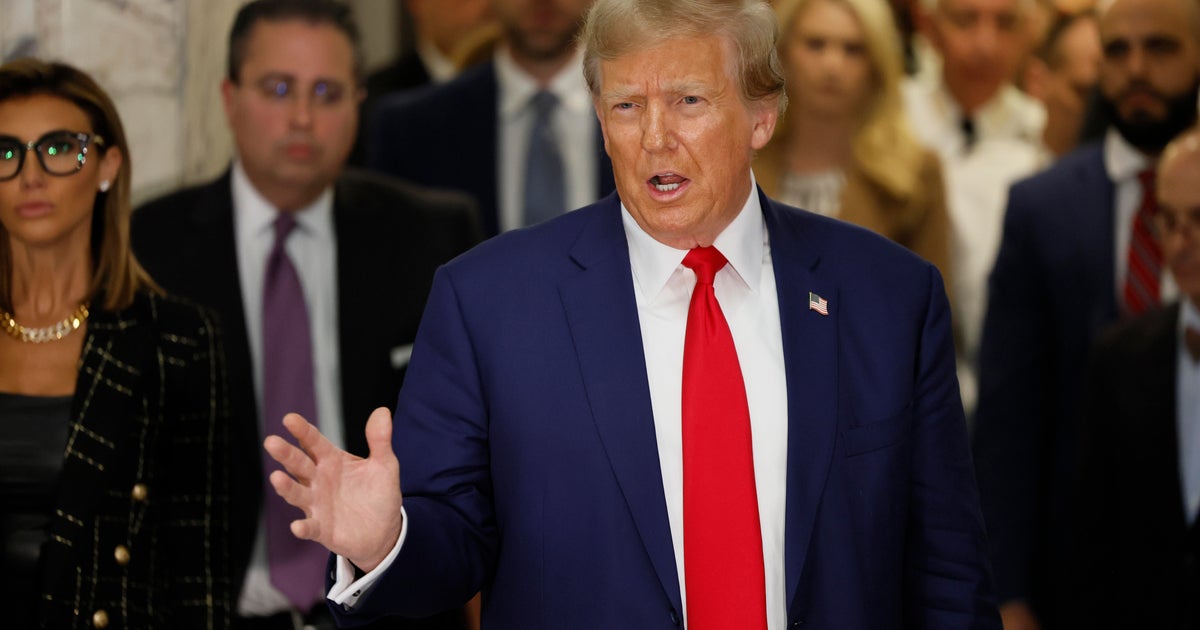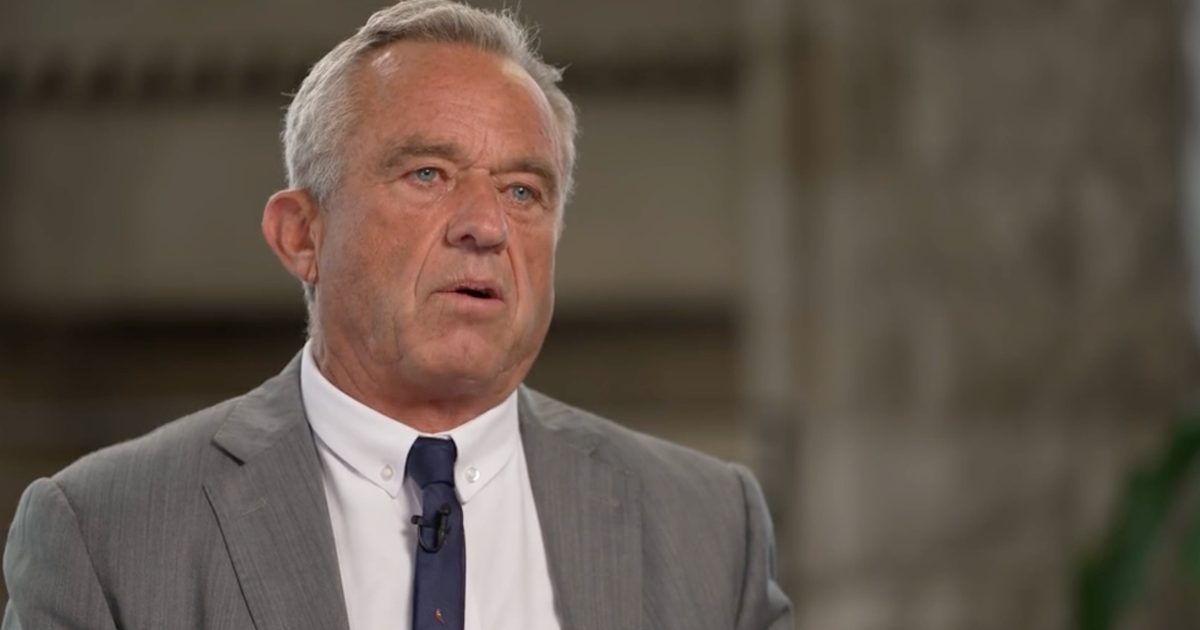Judge rejects RNC's suit to block January 6 committee subpoena to email vendor
Washington — A federal judge in Washington, D.C., rejected an effort by the Republican National Committee (RNC) to block a subpoena from the House select committee investigating the January 6 assault on the Capitol, ruling late Sunday that the panel can demand records from the party's email fundraising vendor.
The decision from U.S. District Judge Timothy Kelly, appointed by former President Donald Trump, is a major victory for the House panel, as he roundly rebuffed the RNC's claims that the committee lacks the proper authorization to exercise investigative power and that its subpoena to Salesforce, the third-party vendor, failed to advance a valid legislative purpose.
Kelly dismissed the RNC's claims against the House committee, its members and House Speaker Nancy Pelosi, finding they're immune from the suit under the Constitution's Speech or Debate Clause. He also ruled against the RNC on its remaining claims against Salesforce, the email marketing giant used by the party and the Trump campaign, finding they "come up short" because of the "highly differential review the court must give Congress's investigative power and the nature of the materials at issue."
"This case presents an unusual thicket of procedural and substantive issues, in part because of the way the select committee decided to defend the case; in part because of the exceedingly rare spectacle of a congressional committee subpoenaing the records of one of our country's two major political parties; and in part because those records reside with the RNC's third-party vendor, rather than the RNC itself," he wrote.
While Kelly upheld the subpoena from the select committee to Salesforce, he said the company cannot immediately provide any of the records to the panel until Thursday, giving the RNC time to appeal his decision.
The select committee issued its subpoena to Salesforce in late February after learning that as the vendor for the RNC and Trump's reelection campaign during the 2020 election cycle, the two entities sent hundreds of emails using a Salesforce-owned tool between Election Day and January 6.
One email sent January 6, just before Trump's supporters breached the Capitol gates, urged Trump's supporters to "step up."
The committee told Salesforce in a letter requesting the records that it was seeking information regarding whether and how the Trump campaign used its platform to spread false statements about the election in the weeks leading up to the January 6 assault. It specifically demanded five categories of information, including records of login sessions by Trump campaign or RNC staff into Salesforce's platform, and documents regarding investigative reports or analyses by Salesforce regarding events in Washington on January 5 or January 6.
The RNC, though, filed a lawsuit challenging the subpoena on March 9, arguing in part that the demand violated the First and Fourth Amendments, was overly broad and did not advance a valid legislative purpose.
In his opinion, Kelly noted that the scope of the subpoena was narrowed greatly following negotiations between the House select committee and Salesforce. He also said investigators had a "strong" interest in seeking the records from Salesforce, and the subpoena was part of Congress's "uniquely weighty" and "vital" study of the January 6 insurrection.
"Indeed, it is hard to imagine a more important interest for Congress than to preserve its own ability to carry out specific duties assigned to it under the Constitution," he wrote, adding: "according to the select committee, its investigation and public reporting suggest that claims that the 2020 presidential election was fraudulent or stolen motivated some who participated in the attack, and emails sent by the RNC and the Trump campaign using Salesforce's platform spread those claims. Through the subpoena, the select committee seeks information that will help it understand whether and how much those email campaigns attracted attention and thus were a factor in the January 6 attack."
Kelly also rejected the RNC's arguments that the subpoena was overly broad and an attempt by congressional Democrats to reveal their opponents' internal deliberations and strategy.
"The Select Committee is hardly on an unconstrained 'fishing expedition' into the RNC's records," he wrote. "It has requested information only relating to emails sent from November 3, 2020 to January 6, 2021. That two-month window is plainly relevant to its investigation into the causes of the January 6 attack."
The House panel had stressed the subpoena to Salesforce would help investigators understand the impact of the false messages sent before January 6, the flow of funds and whether contributions to the RNC and Trump campaign were directed to the purpose indicated in the fundraising emails.



